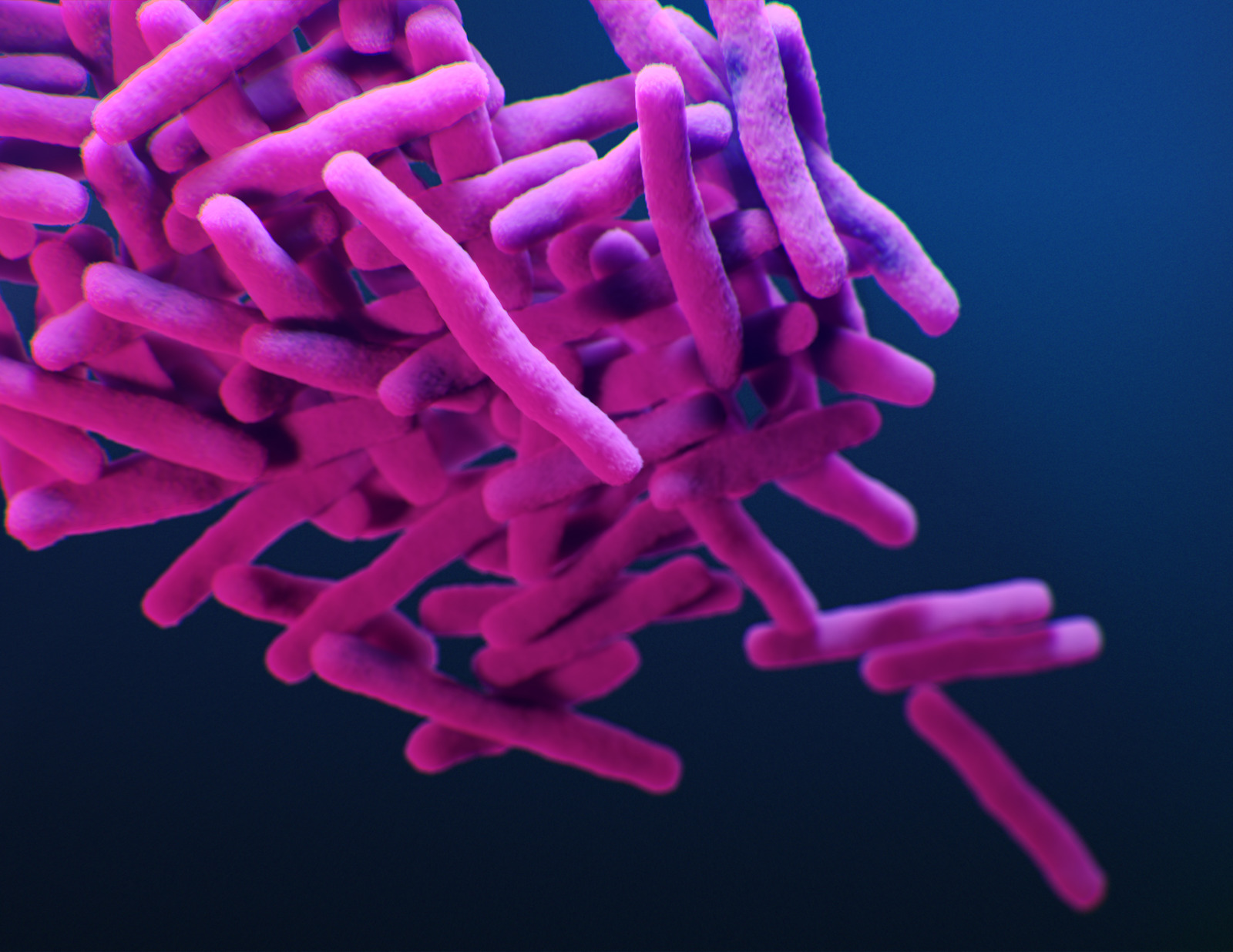
“A happy bowel makes a happy person.” One of my sayings! Agree or disagree?
We are learning more and more about how every system in our bodies is connected and the gut it turns out, affects much more than you might think!
This is a reason why in my practice, along with optimizing other factors, one of our focus points is to help patients optimize their gut microbiome.
Let’s look at some commonly asked questions about how gut health affects whole body health.
1. How can gut health change the way your body functions on the whole?
The gut and the bacteria that live there, the gut microbiome, make up not only our gastrointestinal health, but also affect our mood (who hasn’t had that sinking feeling in their stomach before? AKA mind-body connection), immune system, how much energy we extract from food (really?!) and our metabolism as well.
Our gut microbiome and how it interacts with the foods we eat affects many conditions, including our body weight. In addition to other factors, weight loss can result in a decreased risk for type 2 diabetes and heart disease. Weight loss can also decrease inflammation, helping to decrease risk for certain cancers- including cancers of liver, breast, prostate and endometrial, to name a few.
2. What supplements can help support gut health and digestion?
In most cases, we do not require supplements to maintain good gut health- prebiotics, otherwise known as fiber, are essential to maintain healthy gut bacteria. When we feed our gut bacteria the “good stuff”, they in turn produce substances called short chain fatty acids. These help to reduce our risk for the conditions mentioned above. Often, if someone suffers from constipation, a fiber supplement and adequate hydration can do that trick! Remember the mantra, food is medicine!
A probiotic can be helpful in certain conditions like irritable bowel syndrome and in certain other situations- discuss with your doctor if you are considering one. All probiotics are not equal! Each type has different kinds of bacteria in them and they can guide you on which one to take based on why you are taking it. For most people, probiotic foods are a great option- more on that below.
3. What foods can we eat to naturally support gut health and digestion?
Before we talk about foods that support gut health, one thing to remember- gut rest is important too! An easy way to let the gut rest and repair (some people like to call this “detox”) is to fast between meals. Allowing for fasting time between meals and at night gives the cells in the lining of our intestine time to do other things (like repairs!) rather than working to digest. Makes sense, right? Let’s move on to foods…
A diet low in sugar and highly processed foods helps to keep the gut healthy.
As you now know, we should focus on eating real foods and those high in fiber to provide those prebiotics I just mentioned. Prebiotics = healthy gut bacteria.
The optimal amount for most is 35-40 g fiber/day. As mentioned before, eating adequate amounts of fiber fosters the type of gut bacteria that thrive on fiber and produce beneficial short chain fatty acids. Examples of food high in fiber are beans, bean sprouts, lentils, vegetables, especially artichoke & asparagus, fruits, and whole grains.
Regarding foods with probiotics (literally have bacteria in them), foods that are fermented are a great option. Here is a list:
- Kimchi
- Miso
- Kombucha
- Yogurt and non-dairy yogurt
- Sour dough bread
- Sour dill pickles
- Sauerkraut
- Tempeh
4. Does gut health affect weight?
Yes, as mentioned before, gut health has effects on weight in two ways.
Bacteria when digesting fiber, produce short chain fatty acids, like acetate, propionate, and butyrate. In animal studies, these have shown to help reduce diabetes risk (by improving insulin sensitivity) and reduce body weight. A diet rich in fiber also helps to keep your blood sugar from spiking (creates less of an insulin spike which would tell our body to store body fat) and also helps to keep you full, so you feel satisfied.
Studies on humans are still ongoing, but in some animal studies, transplanting gut bacteria from a lean mouse into a mouse with obesity resulted in weight loss! We will have to wait more on this before we start recommending this type of treatment. And yes, there is a bit of an “ick” factor there…
5) Is there a relationship between gut health and our immune system?
From mouth to the end of our GI tract, the lining of our intestine is interacting with the food we eat and with our gut bacteria. The lining of our intestine contains various cells from our immune system, acting as a first line of defense against harmful invaders! Absolutely, what we eat has effects on the bacteria in our gut as they influence how active our immune system needs to be. High fiber diets are associated with decreased inflammation. Small human studies have shown benefit of short chain fatty acids in improving conditions like inflammatory bowel disease (ex. Crohn’s disease, ulcerative colitis)
Overall impression:
“You are what you eat.”
And yes, also how you move, what you think, how you sleep and so much more! The goal is to get all systems working towards a common goal. Right?
We are learning more and more every day about how the gut microbiome is closely linked to our weight wellness, metabolism and overall health.
Will you start working on improving yours today?
In health,
Richa Mittal, MD
